In Japanese folklore, there’s a unique type of yokai known as Tsukumogami—objects that, after years of use, develop a soul and come to life. These yokai have been part of Japan’s storytelling tradition for centuries, often portrayed as both amusing and a bit eerie. Recently, Tsukumogami have gained popularity through video games like Nioh 2, where players encounter them as enemies or allies. In this article, we’ll dive into the essence of Tsukumogami, their origins, and look at how they appear in Nioh 2!
What Are Tsukumogami? Understanding Their Essence and Characteristics
What exactly are Tsukumogami? Let’s take a closer look at these unusual yokai, their characteristics, and the beliefs behind them.
What Are Tsukumogami? Yokai Born from Everyday Objects
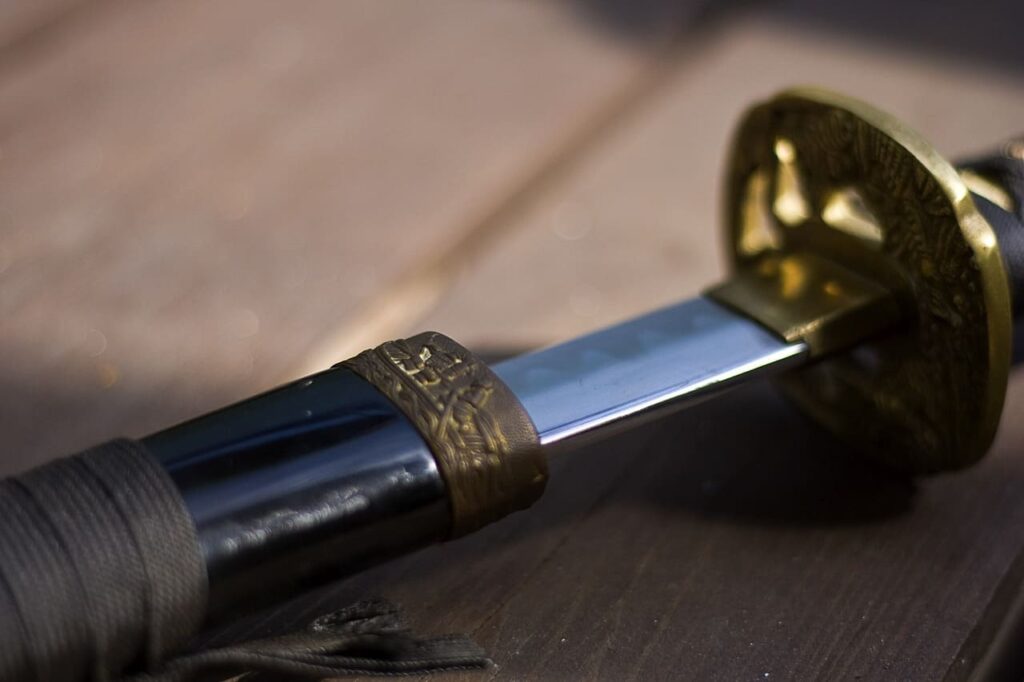
Tsukumogami are a type of yokai that emerge when everyday objects become imbued with a spirit after many years of use. When objects are left unused, they might transform into these spirits, moving as if alive. This belief reflects Japan’s culture of respecting and cherishing possessions, even after they’re no longer in use.
Which Objects Become Tsukumogami?
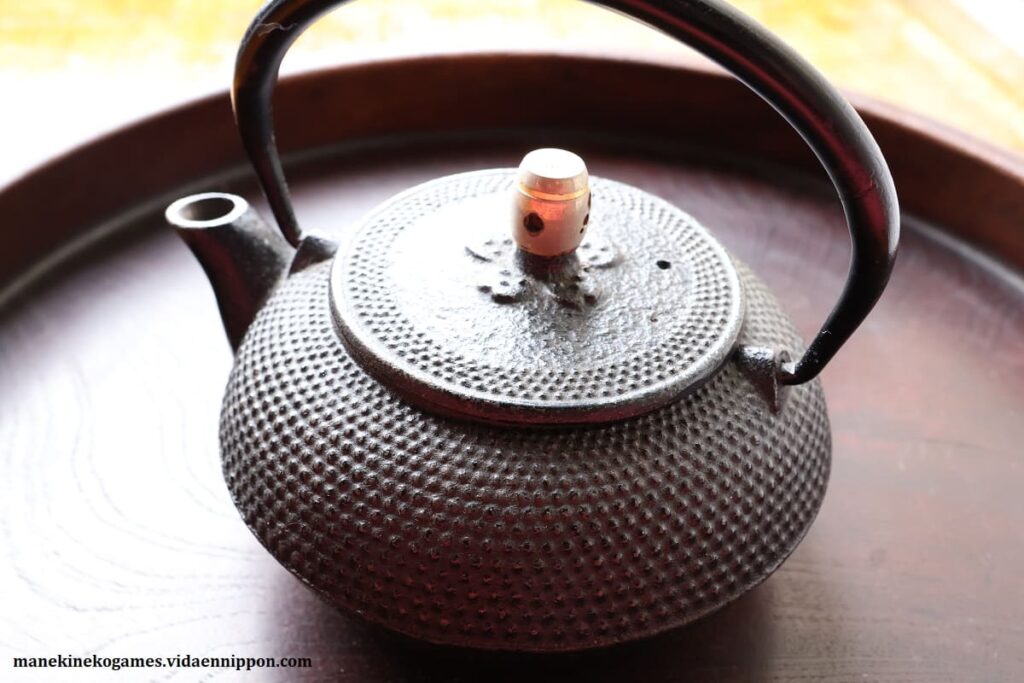
Many everyday items and tools become Tsukumogami. It could be an old bowl, a mirror, or even a musical instrument that, once neglected, changes its form. Some Tsukumogami take on human-like or animal forms, bringing a touch of mystery to familiar items around the home.
Tsukumogami in Nioh 2: Characters You’ll Encounter
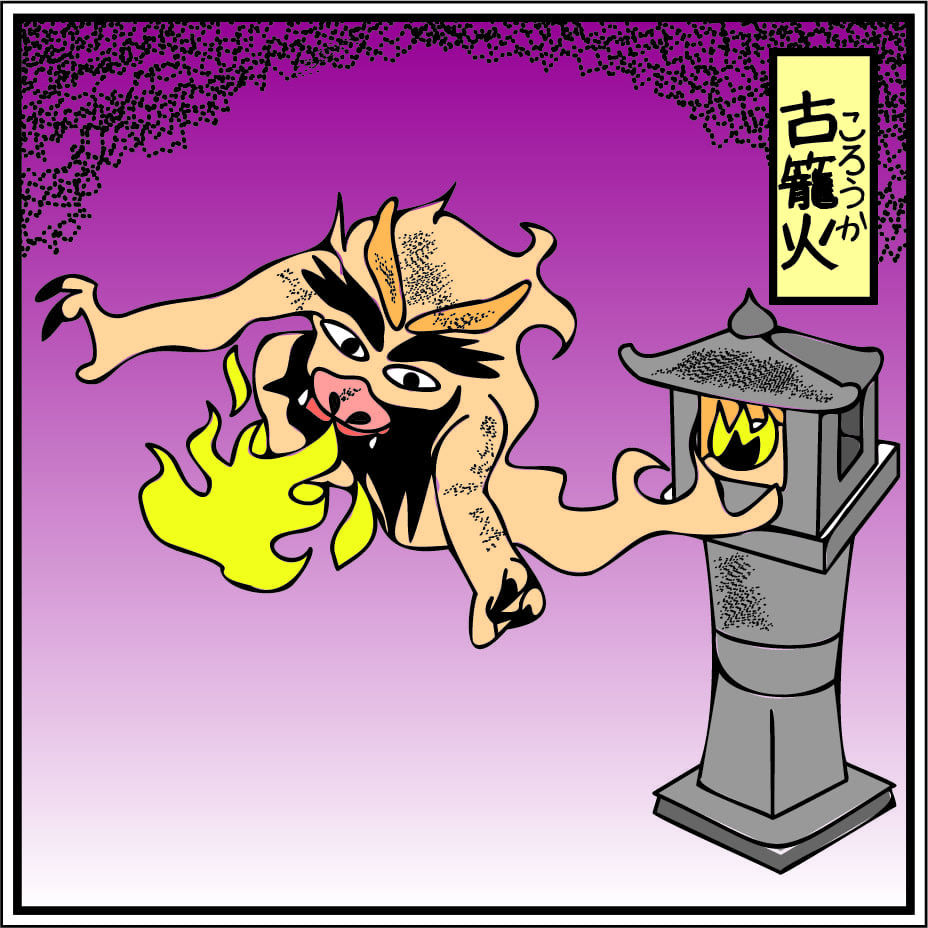
Nioh 2, a popular action role-playing game, introduces several Tsukumogami as part of its richly detailed world. Here’s a look at some of the Tsukumogami you’ll meet while playing.
Koroka: The Ancient Lantern Spirit
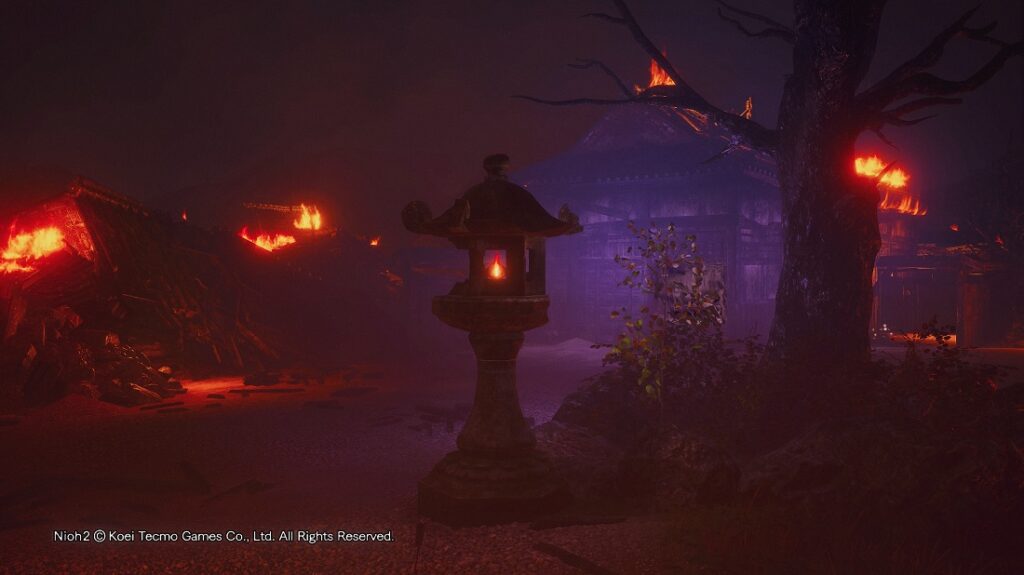
Koroka is a Tsukumogami born from an old, abandoned lantern. In Nioh 2, Koroka appears as a yokai with a flaming presence, using fire-based attacks to surprise players. While it might look intimidating, this yokai also embodies a certain charm, showcasing Japan’s rich storytelling traditions and the belief in spirits within objects.
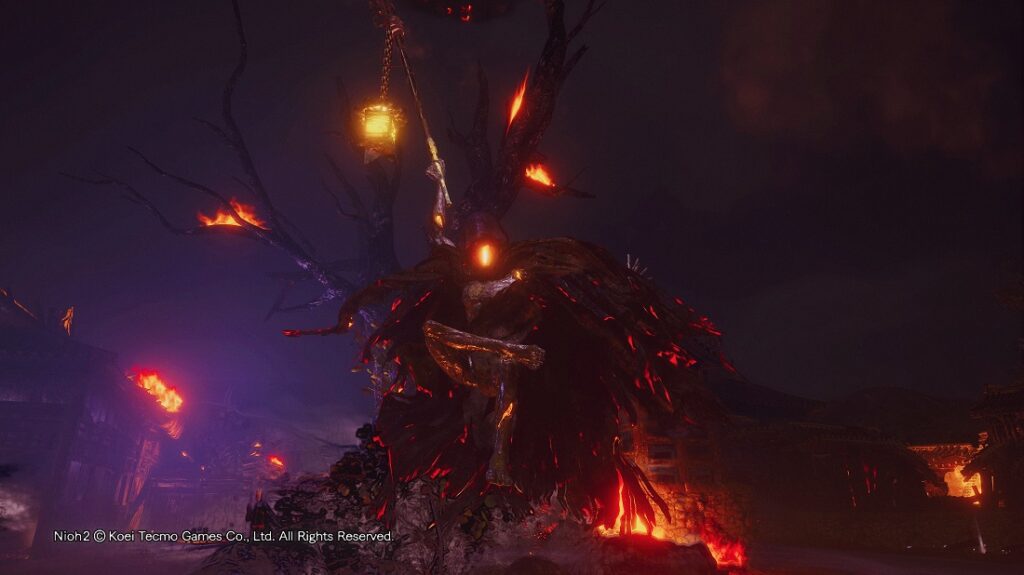
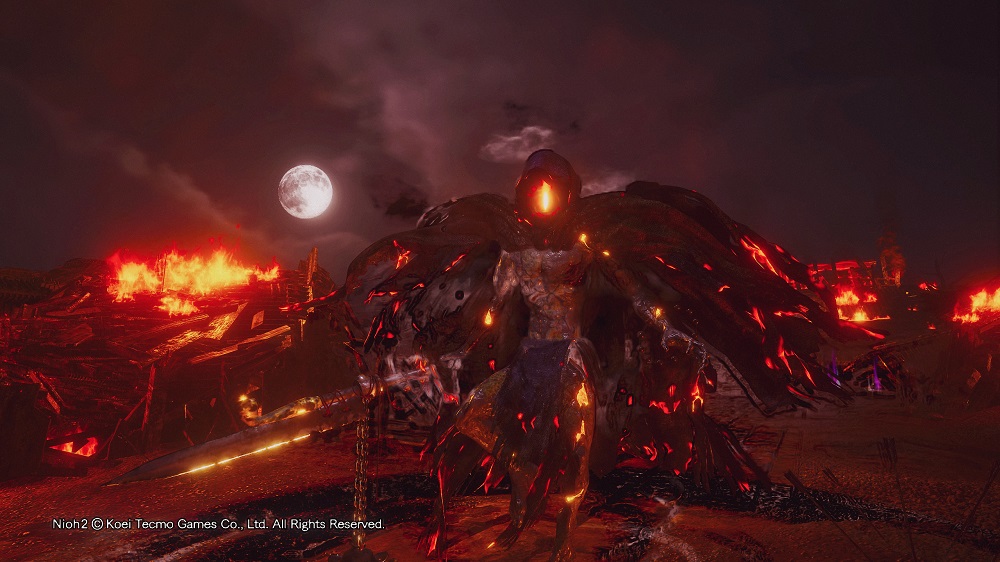
Karakasa-Obake: The One-Eyed Umbrella
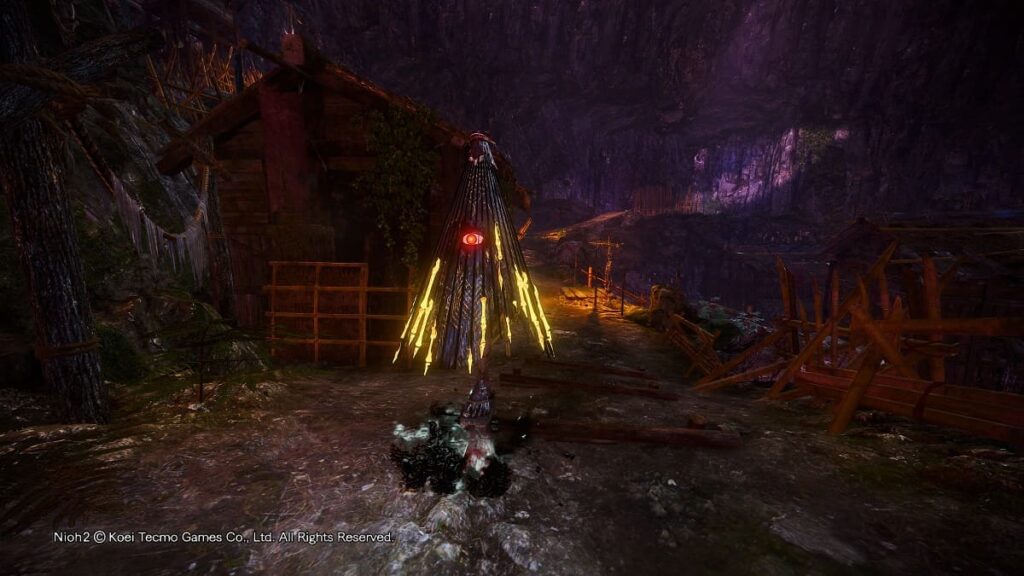
The Karakasa-Obake is a well-known yokai in Japan, an old umbrella transformed into a one-eyed, hopping spirit with a long tongue. In Nioh 2, the Karakasa-Obake is brought to life with its distinctive appearance, hopping on one leg and embodying the quirkiness often found in Japanese yokai stories.
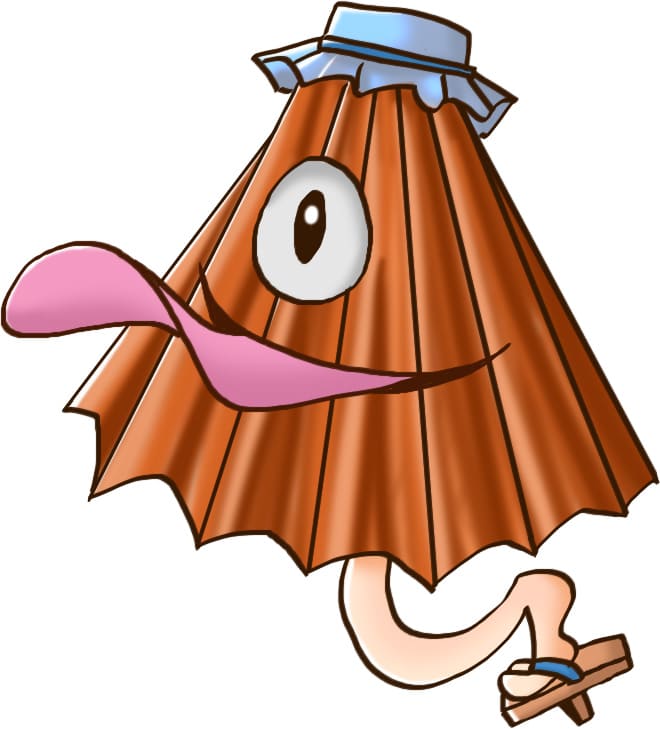
Oboroguruma: The Haunted Ox Cart

Oboroguruma is another fascinating Tsukumogami seen in Nioh 2. This yokai, also known as the “Hazy Wheel,” is born from an old, abandoned ox cart that has been used for many years. The spirit inhabits the cart, causing it to roam the night with an eerie glow and sinister presence. It’s said that Oboroguruma embodies the grudges of its past, moving mysteriously through fog or dim light, capturing the traditional ghostly atmosphere of Japanese folklore.


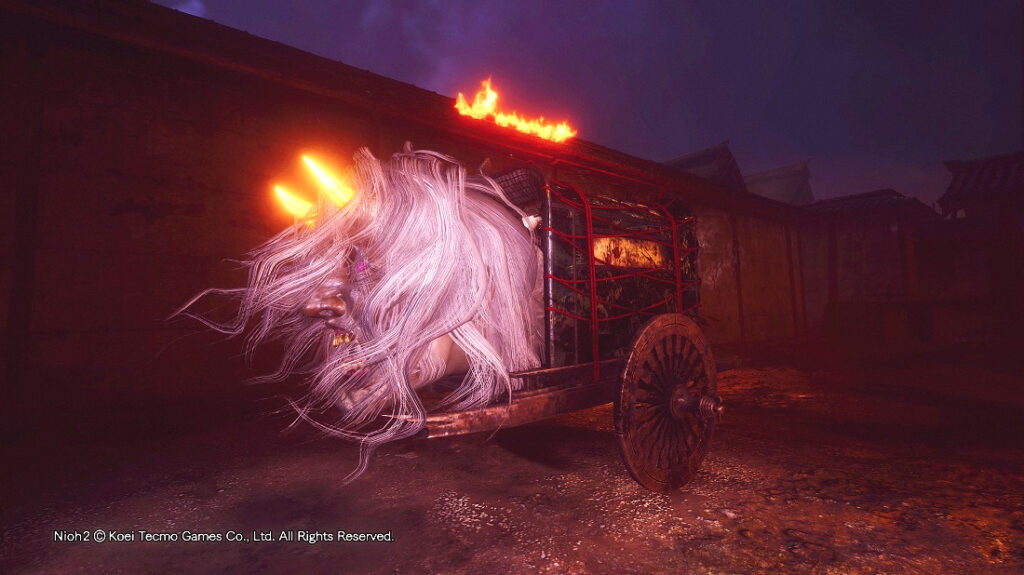
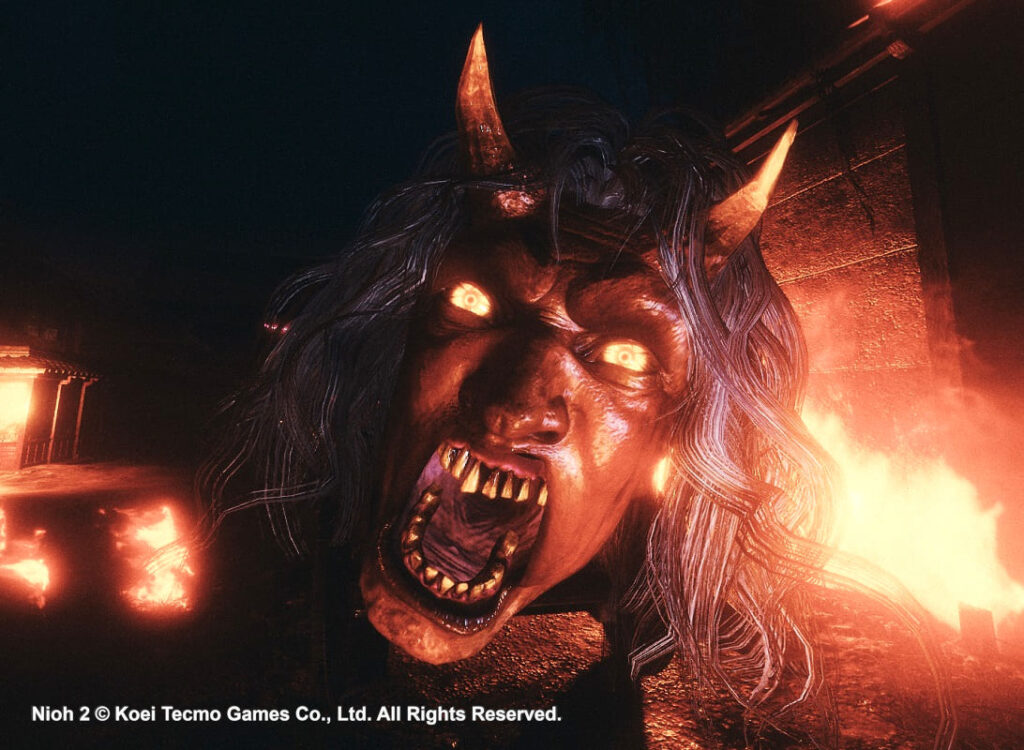
Tsukumogami Q&A
- QWhat are Tsukumogami?
- A
Tsukumogami are yokai created from everyday objects that have been used for many years, becoming spirits. In Japanese tradition, items like mirrors, bowls, and umbrellas can transform into these yokai when they are left unused.
- QWhich Tsukumogami appear in Nioh 2?
- A
Nioh 2 features various Tsukumogami, including Koroka (an ancient lantern), Karakasa-Obake (a one-eyed umbrella spirit), and Oboroguruma (a haunted ox cart), each with unique characteristics and attack styles.
- QWhy does Japanese folklore have the concept of Tsukumogami?
- A
The concept of Tsukumogami reflects the Japanese cultural value of treasuring objects, even after they are no longer used. It embodies a sense of respect and gratitude towards everyday items and a belief that they have a spirit that can transform.
Conclusion
Tsukumogami are an enchanting part of Japanese folklore, representing a spirit-filled view of the world where long-loved items can turn into yokai. Through games like Nioh 2, these unique yokai continue to captivate audiences, sharing Japanese traditions and cultural appreciation for old objects in new ways. By learning about Tsukumogami, we gain insight into the belief that every object can hold a story, and even abandoned items may carry a spirit that deserves respect.

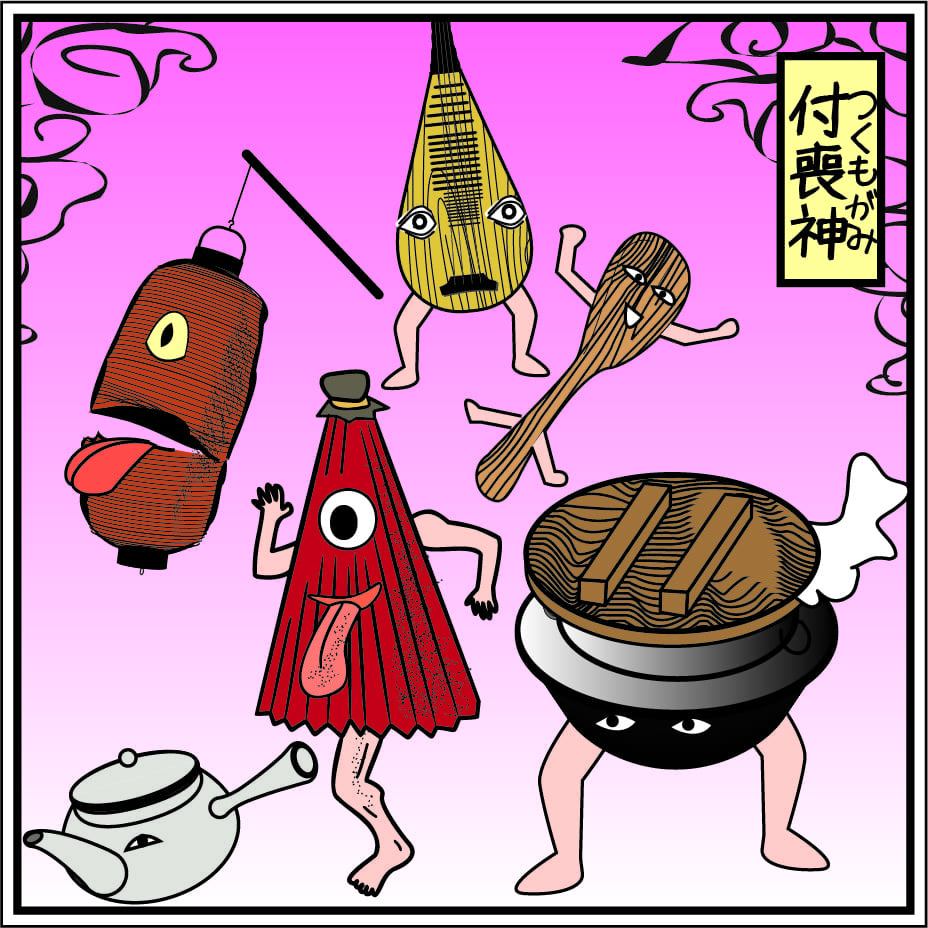
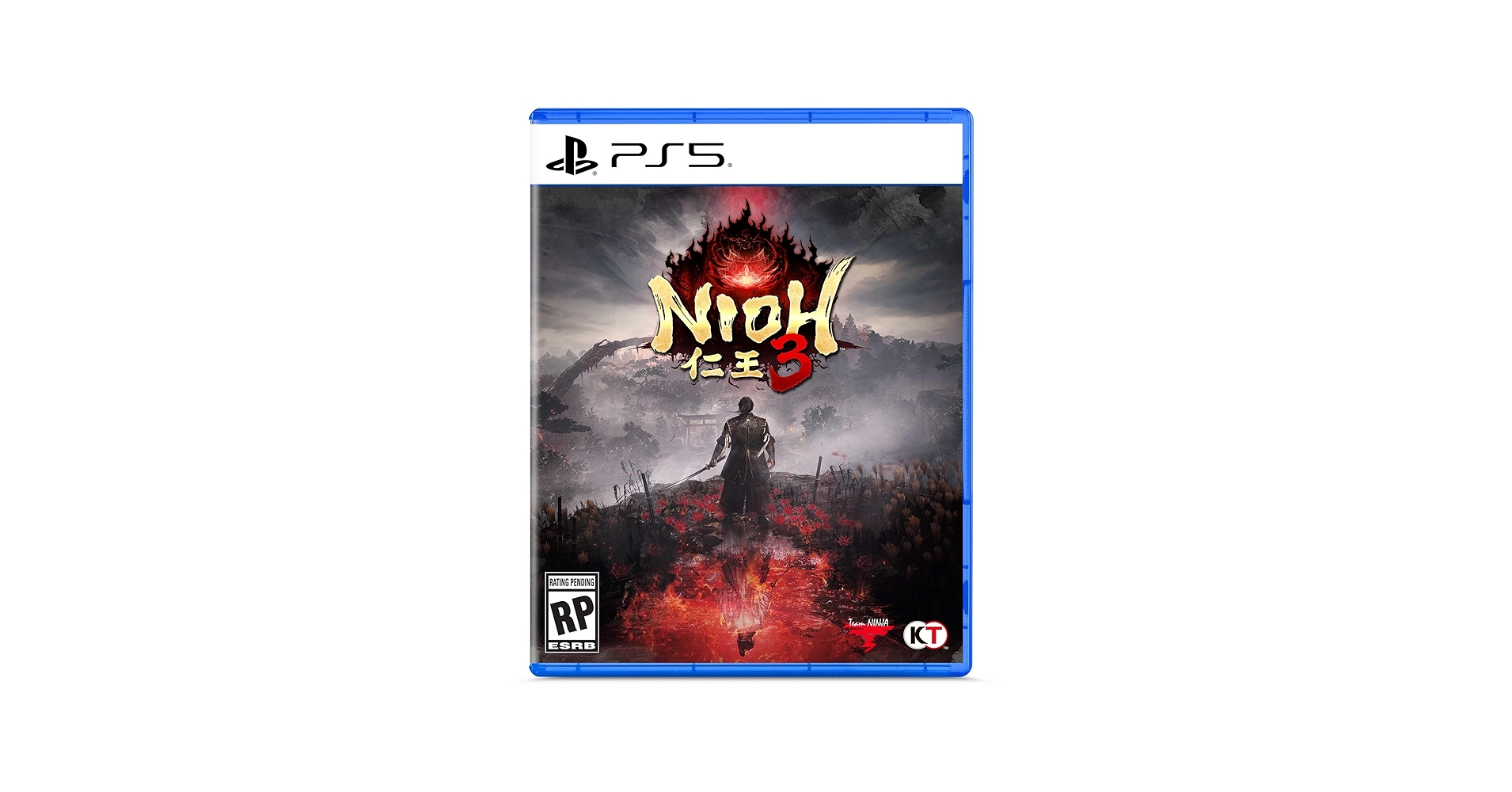

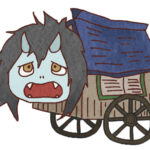
Comments